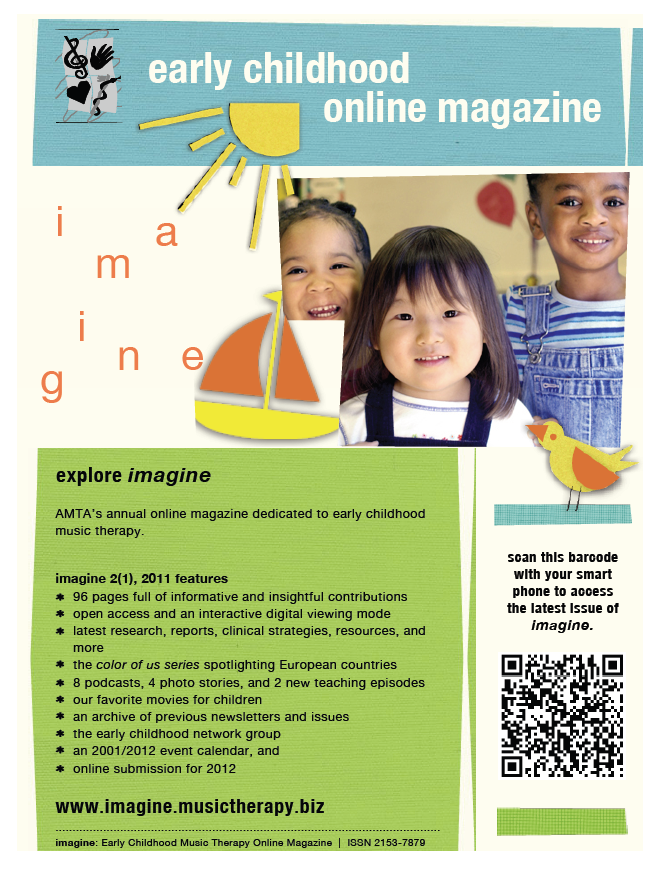On Saturday, the Minneapolis Area Music Therapists will get together again for our monthly meeting. I’ve invited a couple of music therapists I know to attend via Skype, as they live in two other states. One of them had done her internship here in the cities before taking a full-time music therapy position in Indiana. I’m excited to see how we can connect on screen. 
We will be looking at another set of articles (I believe), and sharing songs we are using on a regular basis in our work. I plan to bring an original song that I “wrote” while in a session, and have been using more and more now.



